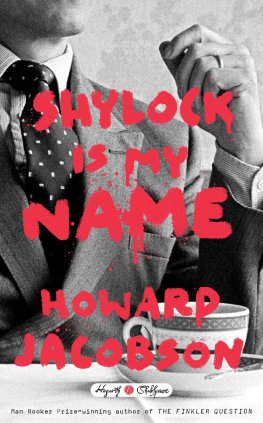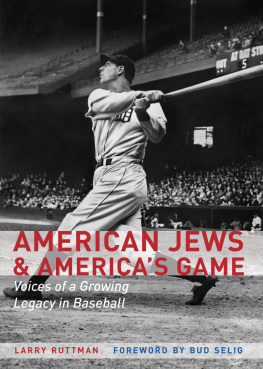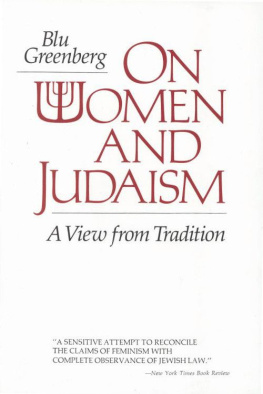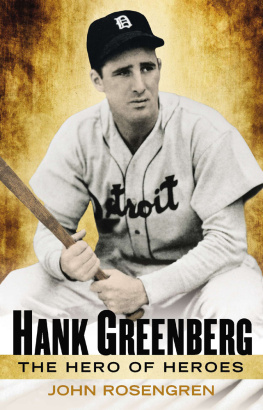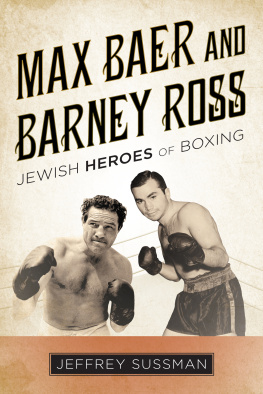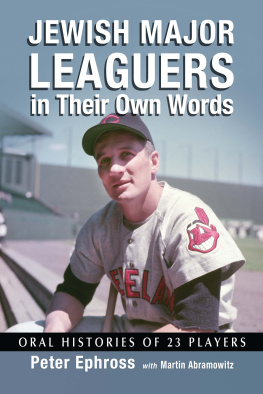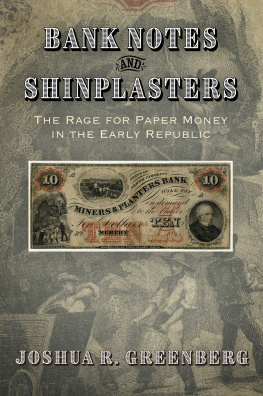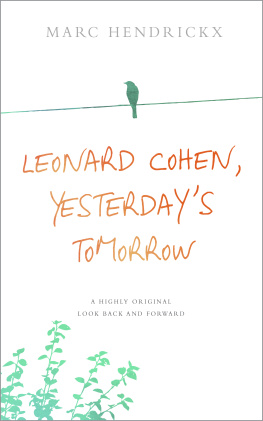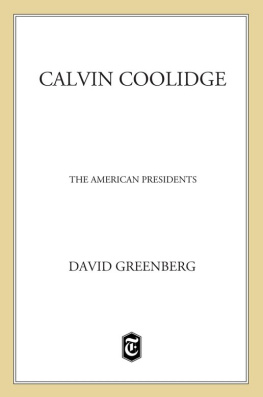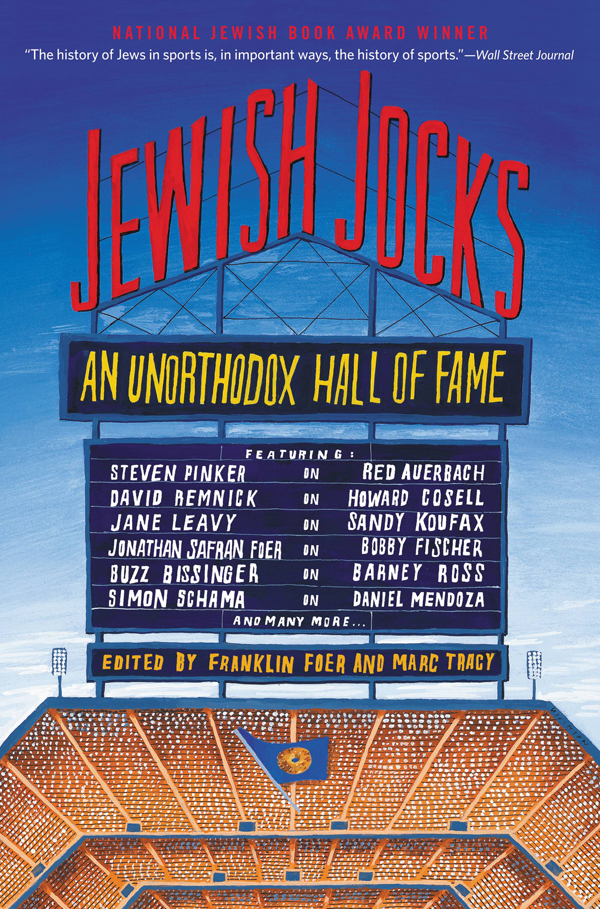
In accordance with the U.S. Copyright Act of 1976, the scanning, uploading, and electronic sharing of any part of this book without the permission of the publisher is unlawful piracy and theft of the authors intellectual property. If you would like to use material from the book (other than for review purposes), prior written permission must be obtained by contacting the publisher at permissions@hbgusa.com. Thank you for your support of the authors rights.
Thank you for buying this ebook, published by Hachette Digital.
To receive special offers, bonus content, and news about our latest ebooks and apps, sign up for our newsletters.
Sign Up
Or visit us at hachettebookgroup.com/newsletters
For more about this book and author, visit Bookish.com.
Compilation copyright 2012 by Franklin Foer and Marc Tracy
Introduction copyright 2012 by Franklin Foer and Marc Tracy
Illustrations copyright 2012 by Mark Ulriksen
A version of The Mouth by David Remnick was originally published in somewhat different form in the New Yorker, copyright 2011. All other essays copyright 2012 by their respective authors.
All rights reserved. In accordance with the U.S. Copyright Act of 1976, the scanning, uploading, and electronic sharing of any part of this book without the permission of the publisher is unlawful piracy and theft of the authors intellectual property. If you would like to use material from the book (other than for review purposes), prior written permission must be obtained by contacting the publisher at permissions@hbgusa.com. Thank you for your support of the authors rights.
Twelve
Hachette Book Group
237 Park Avenue, New York, NY 10017
hachettebookgroup.com
twitter.com/grandcentralpub
First ebook edition: October 2012
Twelve is an imprint of Grand Central Publishing.
The Twelve name and logo are trademarks of Hachette Book Group, Inc.
The publisher is not responsible for websites (or their content) that are not owned by the publisher.
The Hachette Speakers Bureau provides a wide range of authors for speaking events. To find out more, go to www.hachettespeakersbureau.com or call (866) 376-6591.
ISBN 978-1-4555-1611-7
How Soccer Explains the World: An Unlikely Theory of Globalization
FF: To Sadie and Theodora
MT: To Grandpa Bert and Grandpa Ellis
By Franklin Foer and Marc Tracy
T he first Jewish Jocks were traitors to the faith. Across ancient Palestine, the Greeks had planted gymnasia, so that theyd have places to roll around naked. To win admittance into these clubs, Jews would crumple their penises into their foreskins and hold them in place with sutures. If that werent transgression enough, the pregame ceremony for these wrestling matches entailed tossing incense at the feet of idols and singing anthems in their honor. Perhaps this explains why one book of the Maccabees describes the construction of a Jerusalem sports stadium in the same breath as intermarriage: both were evil ways.
Jewish ambivalence over sports continued through the ages. Rabbis might occasionally extol physical vigor, but those pronouncements revealed an unspoken hostility. The Talmud urges fathers to teach their sons to swim, but only so they dont drown; the good old doctor Maimonides put in a plug for regular exercise, but he pointedly said nothing to encourage competition. It was the goyim who played ball, and the rabbis who sensed that sports were a gateway to assimilation. Not that the Gentiles wanted to let Jewish Jocks into their games. The great medieval tournaments, the ultimate sports spectacle of that era, excluded Jews when the organizers were in a benevolent mood. In Rome and Sicily, the Italians mounted their Jewish neighbors like horses and rode them in mock jousts.
When Jews talked about sports, in other words, they were really talking about Jewish survival. And it took the arrival of Zionism for Jews to finally develop a coherent response, a program that called for the creation of Musklejudentum (muscle Jews). A little pioneer work in the Galilee, with perhaps some calisthenics in the morning and soccer in the afternoon, would turn them into beefcake whom no Cossack would mess with.
It was a nice idea, but it didnt entirely solve the problem. Even in America, where theres every reason to feel comfortably at home, the anxiety over sports persists: namely, the fear that we arent terribly good at it. This anxiety is the grist for an overworked subgenre of Jewish humor, and it is one reason that while watching sports or reading about it, American Jews perform the strange, strained ritual of attempting to identify the Jews on the field: Is that Epstein on the offensive line really, you know, an Epstein?
But maybe Jews would feel differently if they knew that, as much as Hollywood, modern sports are a product of the Jewish imagination.
When the immigrants from eastern Europe flooded New York City in the early twentieth century, they were greeted by the Manhattan equivalent of the old Hellenizers: the German-Jewish aristocrats, those Loebs and Schiffs, who had long ago secured a nice place for themselves within the WASP establishment. The German Jews hoped a little bit of athletics might make the young immigrants less hunched and paleor pathetic and embarrassingthan their shtetl-born fathers. So they invested a sliver of their fortunes in settlement houses and community centers, which often housed large, well-equipped gymnasia. By 1942, an unpublished government memorandum on immigrant life in New York, discovered by the historian Peter Levine, noted that Jews had more gyms than any other group.
If the German Jews were eager to remake the young Jews as jocks, the young Jews were clamoring to be remade. But even when they played American games, they played them differently. The Jews might not be the most robust physical specimens, but they were certainly clever. They could beat you with their fakes and their slipperiness; they played with finesse rather than physicality. You could read these descriptions, which were de rigueur in the (gentile) press, as flattering testaments to the intelligence of the Jewish people, or you could espy an ugly subtext that the likes of Henry Ford would explicitly blurt out.
Still, it was hard to argue with the trophy cases. In early-twentieth-century America, city dwelling was the quintessential mode of life; the quintessential city was New York; and the quintessential New Yorkers were Jews. That meant that the urban sports of boxing and basketball were bound to take off, and that when they did, Jews would already be there to ferry their arrival into the big time. Between the two world wars, there were twenty-six Jewish boxing champions, including two of the greatest fighters of the era, Benny Leonard and Barney Ross. Even after the Jewish boxer mostly disappeared, Jews remained as the sports paramount trainers and journalists, as well as the owners of the company, Everlast, that manufactured all the gear. And basketball was a majority-owned subsidiary of New York Jewish culture, which supplied many of the stars, more of the important minds, and even a style of play, the City Game, that was created to allow smarter, shorter players to triumph over bigger, brawnier ones. The City Games emphasis on relentless motion and constant passing emerged as the template for the modern playbook.
This pattern was repeated across sports that didnt even have urban pedigrees. Take football. It was two JewsBenny Friedman and Sid Luckmanwho invented the quarterback position as we know it, the guy who orchestrates the offense and flings the ball (a pigskin, no less!) down the field. It was the San Diego Chargers Sid Gilman and his assistant Al Davis who refined the passing game and, along the way, helped create the archetype of the film-room obsessive. Which is to say nothing of the Jews who created the modern players union; the journalism and broadcast apparatus, which turned sports into full-fledged mass culture spectacle; and fantasy sports, which transformed the experience of fandom.
Next page

